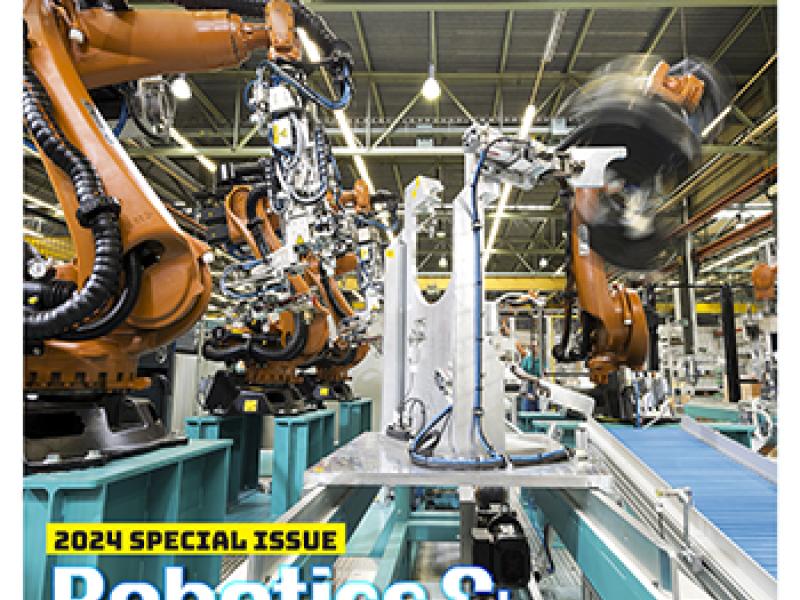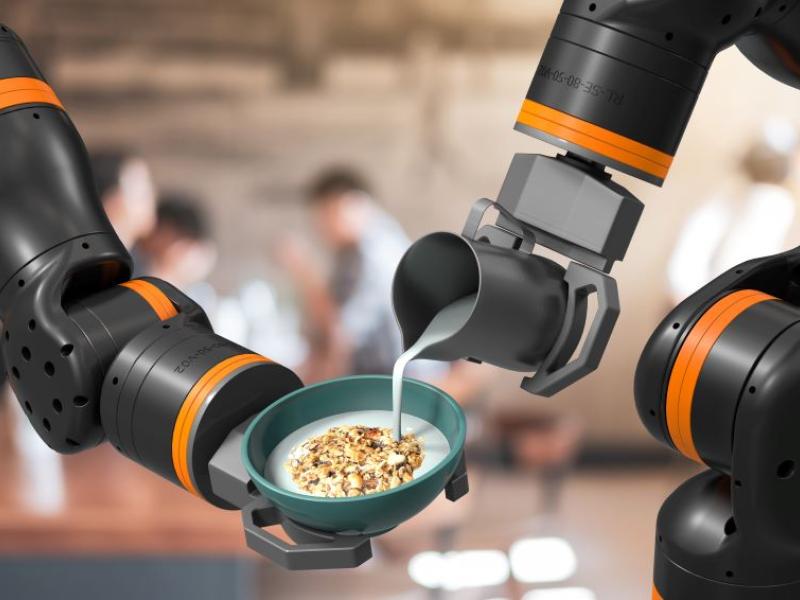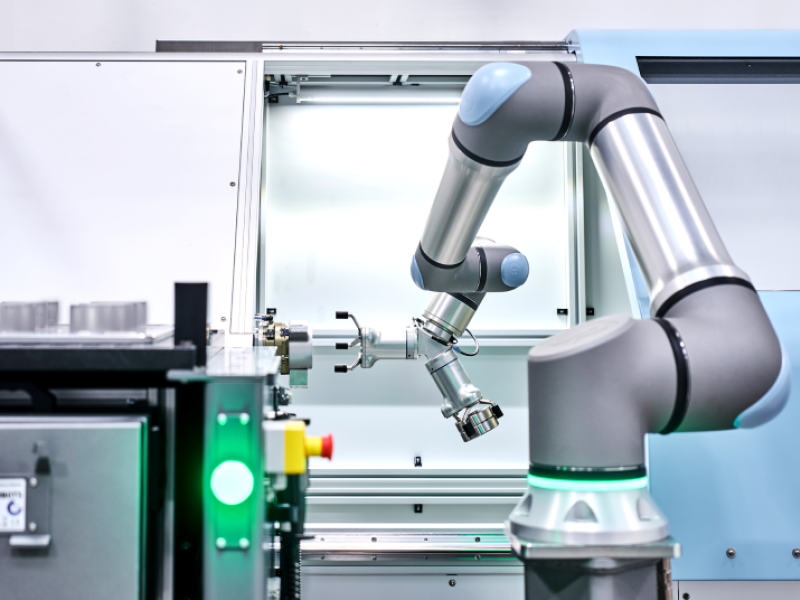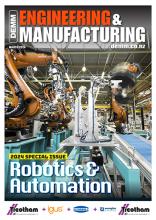Quality has become a defining factor and a major competitive advantage for companies offering the same or similar products.
In the manufacturing sector the pursuit for quality (and excellence) remains firmly at its forefront. Explains James McKew, Regional Director for Universal Robots Asia-Pacific: “Quality is at the heart of every successful business, and for many, it’s a constant chase to maintain and even improve it,”
“Every company starts out with the intention of delivering high-class quality to happy customers, however, as the business grows and the production touchpoints increase, so do the opportunities for errors, and this is where an increase in cost and a decrease in profit lives too comfortably.”
“Our definition of quality goes beyond product features. We focus on a customer’s total costs which includes life cycle costs such as expenses on service and maintenance,” he adds.
Quality and Consistency
James notes that Universal Robots has seen an uptick in customers interested in exploring the benefits of collaborative robots (cobots) to deliver continuous and consistent quality – with emphasis on Australia and New Zealand.
“Despite being armed with digital callipers and other tools for quality and inspection tasks, human workers simply cannot achieve the same levels of accuracy and consistency provided by robots - making these tasks an ideal fit for automation,”
He adds that while automation has had its fair share of resistance in the past, it is now being embraced by manufacturers both big and small - particularly with the urgent need for local manufacturing, reshoring, increased productivity, and competitive pricing.
“Automation is proving to give companies a competitive advantage. Competition is ‘hotting up’ in our economic climate where lockdowns, social distancing, additional costs surrounding health and safety, supply chain issues and extreme pressure on pricing is at the fore.”
In particular, the emergence of cost effective, easy-to-use cobots over the past decade has changed all that, making advanced automation easily accessible to companies of all sizes.
Electronics Industry on the Rise
The electronics and semi-conductor industries are of keen interest with James reporting that Universal Robots has seen a greater demand for cobots across these sectors.
“With people working from home the demand for home entertainment, white goods and other personal electronics in Australia and New Zealand have surged.”
According to Statista, revenue in the consumer electronics segment is projected to reach US$4,494 million this year and is expected to show an annual growth rate of 4.5% internationally.
“This presents great prospects for automation leaders”, James says.
JVC – An Electronics Success Story
JVC Electronics, a leader in electronics and entertainment products looked to Universal Robots to improve productivity and ensure consistent quality at its subsidiary in Indonesia.
In an age of consumerism where every cent counts James notes that consumers are demanding higher quality goods at lower costs. “Eliminating human error and committing to ‘zero defects’ ensures zero wastage and a smooth-running production line. This also allows companies like JVC to be more competitive.”
JVC Electronics Indonesia (JEIN) was heavily dependent on manual processes and saw the increasing need to automate. “JEIN manufactures over 400,000 products each month. Turnaround time and quality is critical to meeting its production targets, and the safety of its workers is always top-of-mind.”
To meet the electronic giants’ needs, Universal Robots recommended the UR3 cobot. “Compact and lightweight, UR3 cobots were selected to increase productivity and to achieve consistent output quality”, adds James. “They were easy to operate, required less maintenance and were competitively priced. They also met the company’s requirements of space saving, flexibility, and safety.”
The UR3 robots relieved staff from handling high risk tasks such as soldering and separating cut PCB parts, which emit hazardous fumes and dust particles.
Sukijan, Plant Supervisor at JEIN says: “One of the key features of the UR3 robot is its force control for adaptive safety; it senses external forces and stops immediately when a collision is detected. Our workers are able to work in close proximity with the cobots with no safety guarding after risk assessment.”
“These cobots now perform these dull and repetitive tasks while the staff can focus on adding value to the business. The company has improved both their production efficiency and output quality. Operational costs have been reduced by more than US$ 80,000 annually. Thanks to the success of this project, JVC is now looking to deploy cobots in other countries,” James concludes.
Universal Robots will be hosting regular webinars to help customers get started with cobots and explore automation opportunities. Furthermore, local support, service and maintenance as well as training offerings through our online UR Academy, global network of Authorised Training Centres, and UR’s extensive UR+ ecosystem is also locally available.
Universal Robots
Australia
1800 595 243
New Zealand
800 555 214
Singapore
+65 6770 0821






